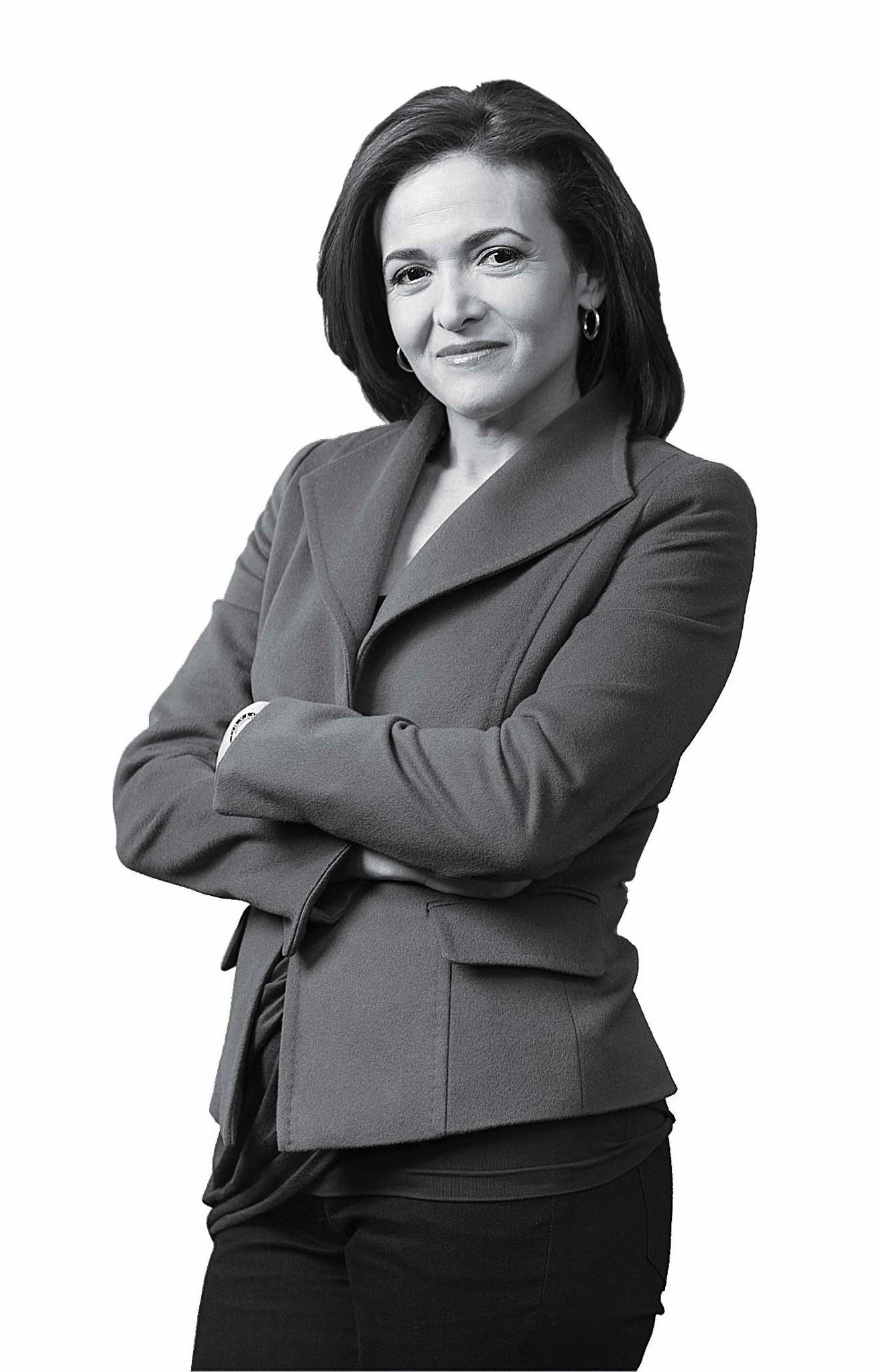
Your foundation LeanIn.org is creating social groups to promote the ideas in your book Lean In. What does a Lean In Circle look like on a college campus?
Some women use their circles to practice for job interviews or look over each other’s résumés. One circle practiced asking for more money, which is a great idea. The first time you try to ask for a higher salary should not be with the person you’re actually asking for a higher salary.
What were you like in college?
I learned how to study. The first five-page paper I wrote was a project for our entire junior year [in high school]. In college I had to write five-page papers overnight.
You emphasize the importance of finding the right romantic partner. How are college women supposed to think about that?
Starting out evenly, even in college, is so important. It’s easy to fall into the girlfriend routine, like “I’ll do that laundry,” “Let me pick up that errand.” That’s nice the first month, but by the fifth year of marriage you’re gonna be sorry you did that.
What kind of ongoing gender imbalances do you see for women in entry-level jobs?
Who takes notes in a meeting? So often it’s the junior women. You can’t fully participate if you’re always taking notes. And by the way, the men who are your peers? They can take notes too.
What would you tell a young woman who feels stuck at the start of her career?
Look at jobs and think “I can,” not “I shouldn’t.” Apply for jobs, apply for opportunities, say that you can do things even when you’re not sure.
If you’re stuck picking up dry cleaning, what’s the best way to ask your boss to take you more seriously?
Say, “I love this company. I love this job. I am willing to do anything, because I’m that kind of person. I do want to make sure I’m progressing and taking on things that are going to challenge me more. Can you walk me through the things I need to demonstrate so I can earn more responsibility?”
What have been some of your biggest mistakes?
I wasn’t worried about having kids and a career, because I thought all women were going to have both. I think we’re smarter now, and we know how challenging it is. I got married young, when I really had no business getting married. I made lots of mistakes along the way.
What about smaller screwups?
When I was first at the World Bank, I put in the figures for a speech Larry Summers gave about girls’ education, and I got one country’s literacy rate totally wrong. The representative from that country called the president of the World Bank to complain. I was like, “In college when you get it wrong, they put a little red circle. But here if I get it wrong, this whole country is going to be insulted.” So I said I was sorry, and I started checking figures a lot more carefully.
Why do you think women are so afraid of making mistakes?
When men make mistakes, they don’t internalize it as their fault, so it doesn’t hurt them as much. Because gender makes us overestimate male performance and underestimate female performance, we have more tolerance for men’s mistakes.
How should college women balance exploring different interests with focusing on career goals?
It can be either, but you have to be explicit. Maybe you want to use college to do volunteer work, or get into grad school, or make lots of friends, or get a job in the business world. But don’t let life happen–make it happen.
More Must-Reads From TIME
- The 100 Most Influential People of 2024
- Coco Gauff Is Playing for Herself Now
- Scenes From Pro-Palestinian Encampments Across U.S. Universities
- 6 Compliments That Land Every Time
- If You're Dating Right Now , You're Brave: Column
- The AI That Could Heal a Divided Internet
- Fallout Is a Brilliant Model for the Future of Video Game Adaptations
- Want Weekly Recs on What to Watch, Read, and More? Sign Up for Worth Your Time
Write to Charlotte Alter at charlotte.alter@time.com